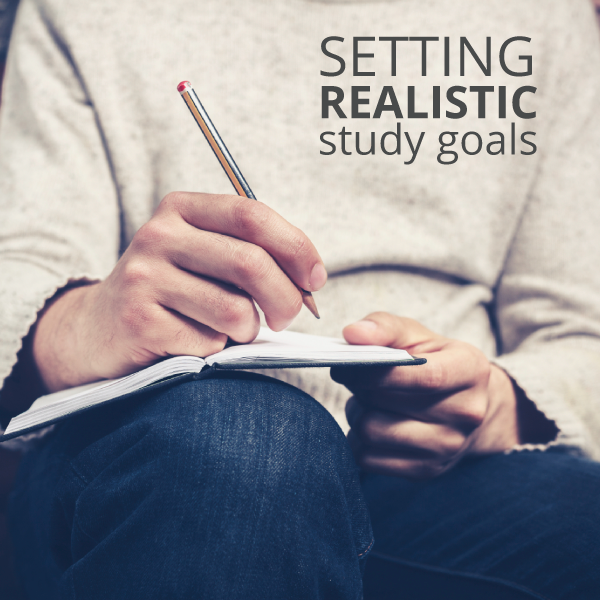In the past, I have made the mistake of setting study goals that were far too ambitious for my lifestyle. I used to tell myself that I would read 20-30 pages and work 50 multiple choice problems each day. Every time I would set those unrealistic standards for myself and when I didn’t accomplish them, I would feel defeated. Subsequently, I would skip a day or two of studying because I felt like such a failure. I did this over and over again for so long. Continuously setting myself up for disappointment, it quickly translated into my exam experiences, which is one of the reasons why I have failed many attempts at this exam. My confidence took as big hit because of it.
As a single mom, my days are extremely busy from start to finish and mornings are usually the most productive part of my day.
I wake up at 5am every day just to make sure my son gets on the bus and I make it to work on time. From there, it is non-stop work, work, and more work. A day in the life of a government auditor is full of unpredictable circumstances that have to be addressed, sometimes on short notice. There is never a dull moment and it requires me to always think on my feet, analyze situations, and find solutions to unexpected situations. In other words, my brain is running in high gear the entire day. By the time I get home, my capacity to do anything complicated dwindles drastically.
So this time around, I have planned out a study schedule that’s tailored to fit my day to day routine and takes my emotional, mental, and physical health into consideration.
During the week, I set small goals. For example, I will read 5 pages or complete 20 multiple choice questions. I save the long study sessions for the weekends when I have hours on hand to devote to my studies. In addition, I make a checklist and mark off the tasks as they are completed. This makes me feel better since I can visually see my progress right there on paper.
What I began to notice is that I usually will do more than what was planned, which in turn helps to boost my confidence. Confidence goes a long way with this exam and has motivated me to remain consistent. It’s easier for me to say “Hey, I think I can go another hour or do an extra 10 questions” when I know I have already met my goal. Internally, it makes me feel enthusiastic, optimistic, and most importantly—competent.
Here’s what you can do to make sure you’re setting realistic study goals for yourself.
- Use Roger’s study planner which is available in 3, 6, 9, and 12 month study plans. You want to see the bigger picture of when you want to finish your CPA Exam by, and then break it down from there, such as creating overarching weekly goals and individual daily goals.
- Know your body. Slot study times for when you are functioning best and have the most time, whether that’s early in the morning, in the afternoons, evenings, or late at night. If you’re not using your time productively or are studying when you’re unfocused, the concepts will not stick.
- Ask for support from family and friends. Let them know what your designated study times are and even share your study schedule with them so that they see for themselves what your goals are. That way they’ll also feel more inclined to help you reach them.
- Be consistent. This is probably the most important thing you can do to set realistic study goals for yourself. Stick to your plan and try not to let distractions stray you from your study path.
As children, we were taught that slow and steady wins the race.
That saying still holds true for those of us that have a full life in addition to studying for the CPA exam. Whatever you do, do not set yourself up for failure as I did in the past. Be honest with yourself about how much and for how long you are able to study each day. Be consistent in pursuing those goals. Document your progress. This has been a tremendous lesson learned for me and my hope is that others will be able to learn something from it as well.
–Kimberly Smith, Guest Blogger for Roger CPA Review
